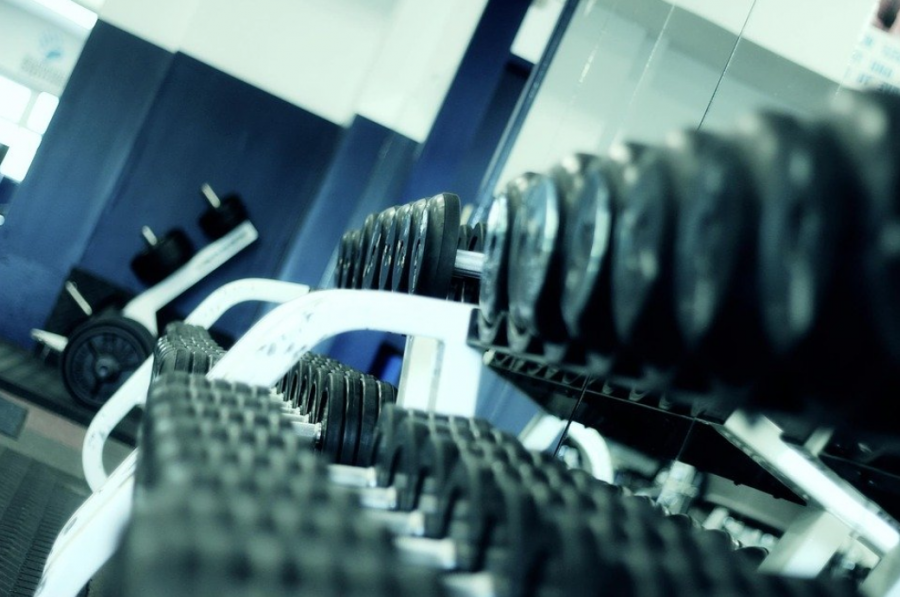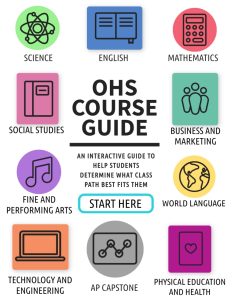Getting healthy in 2020
The gym is a great place for getting healthy in the new year.
December 21, 2019
Sam Capece
News Editor
As 2019 comes to a close and with a new decade approaching, many people will be hitting the gym and the grocery store in order to lose weight and get healthy in 2020. With the amount of information out there on different diets, workout routines and quick fixes, it’s harder than ever to find something that works.
“Start with something simple you can commit to. Cutting out sugar, being more active, improving your sleep, and setting goals like how many times a week you’d like to work out. Being healthy is rewarding, I feel more confident, energized, as well as looking better,” sophomore Chase Eriksson said.
A clinical report based on the effects of a highly processed and unprocessed diet showed that even when subjects were eating the same amount of calories and macronutrients (protein, carbohydrates, fat), the group who ate highly processed food gained more fat and were more susceptible to disease. Sticking to mostly whole foods is a good place to start.
“To stay healthy, I’d recommend staying away from sugar, as well as sticking to the basics like whole foods and vegetables. The more color the better. Get your protein in, and get a lot of it, more than refined carbs. Eat lean meat and fish. A big thing right now is intermittent fasting, which is eating within a certain window like 3-8 p.m,” coach and gym teacher Barry Wohler said.
Getting enough protein every day is very important for any diet. According to a research article from the National Institute of Health, “protein undernutrition results in stunting, anemia, physical weakness, edema, vascular dysfunction, and impaired immunity.” It is recommended to eat at least 0.5 g per pound of body weight, although for athletes, getting 0.8-1 g/lb is recommended. Healthy protein sources include meat, eggs, dairy, nuts, beans, legumes, soy, and certain grains.
“I try to stray from processed food and form my diet around whole and organic foods. Protein is the most key component in my diet. Because I play a lot of sports, I need to get as much energy in the most efficient way possible,” senior Ellie Melander said.
Eating whole foods and getting enough protein is important, no matter which diet you decide to follow, but it’s only half of the equation. Exercise is extremely important for regulating your mood, improving learning and memory, as well as maintaining a healthy lifestyle. The Mayo Clinic recommends aerobic exercise throughout the week as well as strength training for all muscle groups.
“I like to run and do as much walking as possible, as well as lifting weights at least 5 times a week. The healthier you are, the better it is,” sophomore Ruby Thomas said.
There is a stigma that the gym is only for fitness fanatics and athletes, but everyone can benefit from strength training. According to a scientific article studying resistance training by The Department of Exercise Science, “Benefits […] include improved physical performance, movement control, walking speed, functional independence, cognitive abilities, and self-esteem.” Compound exercises use multiple muscle groups and are a good starting point, including squats, deadlifts, bench presses, and pull-ups.
“Having a healthy lifestyle is the best way to improve the quality of your life. I try to weight train 6 days a week. One day I workout muscles associated with pull movements, another day with push movements, and another day for legs. I work out at the AC; they have everything that I need,” senior Nick Overturf said.
Focusing on whole foods with enough protein, as well as exercising regularly is proven to improve fitness and health. Making good choices at the grocery store as well as getting a gym membership are great ways to start. Orono’s Activity Center has many options for aerobic and resistance training. Playing sports and cooking your own food are also great hobbies that can improve your health.





























































